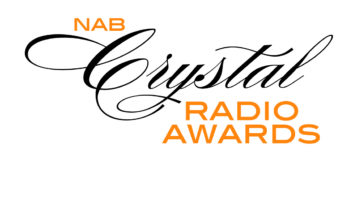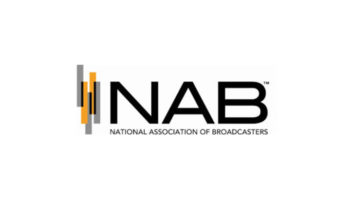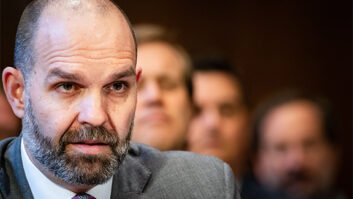We already knew that Geoffrey Starks believes “America’s broadcasters should look like America.” But on Monday the FCC commissioner took that message in person directly to the NAB Joint Board of Directors.
The commissioner spoke to members of the NAB board during its meeting in Miami. According to a copy of the remarks released by his office, Starks addressed topics of public interest, media diversity and the future of broadcast.
Starks, one of the two commissioners in the Democratic minority on the FCC, said that the proliferation of information options available to consumers does not make it less important for broadcasters to focus on what it means to serve the public interest.
[Related: Read what Geoffrey Starks told the Media Institute Free Speech Gala in November.]
“Not at all. In fact, I think this is your competitive advantage.” He cited data that most Americans still get their local news from local TV stations, and that most of the news consumed online is originated by traditional sources like broadcasters or newspapers.
He also said, “We must find effective ways to move the needle on ownership diversity.” He made note of three House bills. One would reinstate the tax certificate program, which Starks strongly supports, to incentivize sales of stations to women and minorities and encourage investment of capital. Another would improve broadcast ownership data collection and direct the FCC to complete its EEO rulemaking. The third would require consideration of market entry barriers for “socially disadvantaged individuals” being excluded from media ownership.
Starks also complimented the NAB for its Broadcast Leadership Training program and hoped the association can build on it.
[Related: “Pai Lists His Accomplishments of Three Years”]
On EEO, he was critical of the FCC for “failing to make good on its statutory mandate to collect workforce diversity data from broadcasters. It is still not clear to me how, for nearly 20 years, the FCC ignored Congress’s will by not collecting this information,” and said he’d work to re-open the issue. “Until we can adequately quantify the problem, we cannot adequately address it.” He rejected arguments that collecting EEO data or adopting policies to promote diversity would be unconstitutional.
And Starks asked the TV industry to take data privacy and security issues into account as it deploys ATSC 3.0.
“All those features rely on consumer data that will be collected by broadcasters and device manufacturers. How will that data be kept secure? How will it be stored, anonymized or sold? How will consumers be fully aware of what data are being collected and how it is being used? What about the algorithms and machine learning that will be employed to manipulate consumer data to produce targeted ads, viewing suggestions, and the like?”
He advised TV broadcasters to “widen your aperture to be aware of and conscientiously think through complex issues involving data and privacy that are going to dominate our shared future.”







